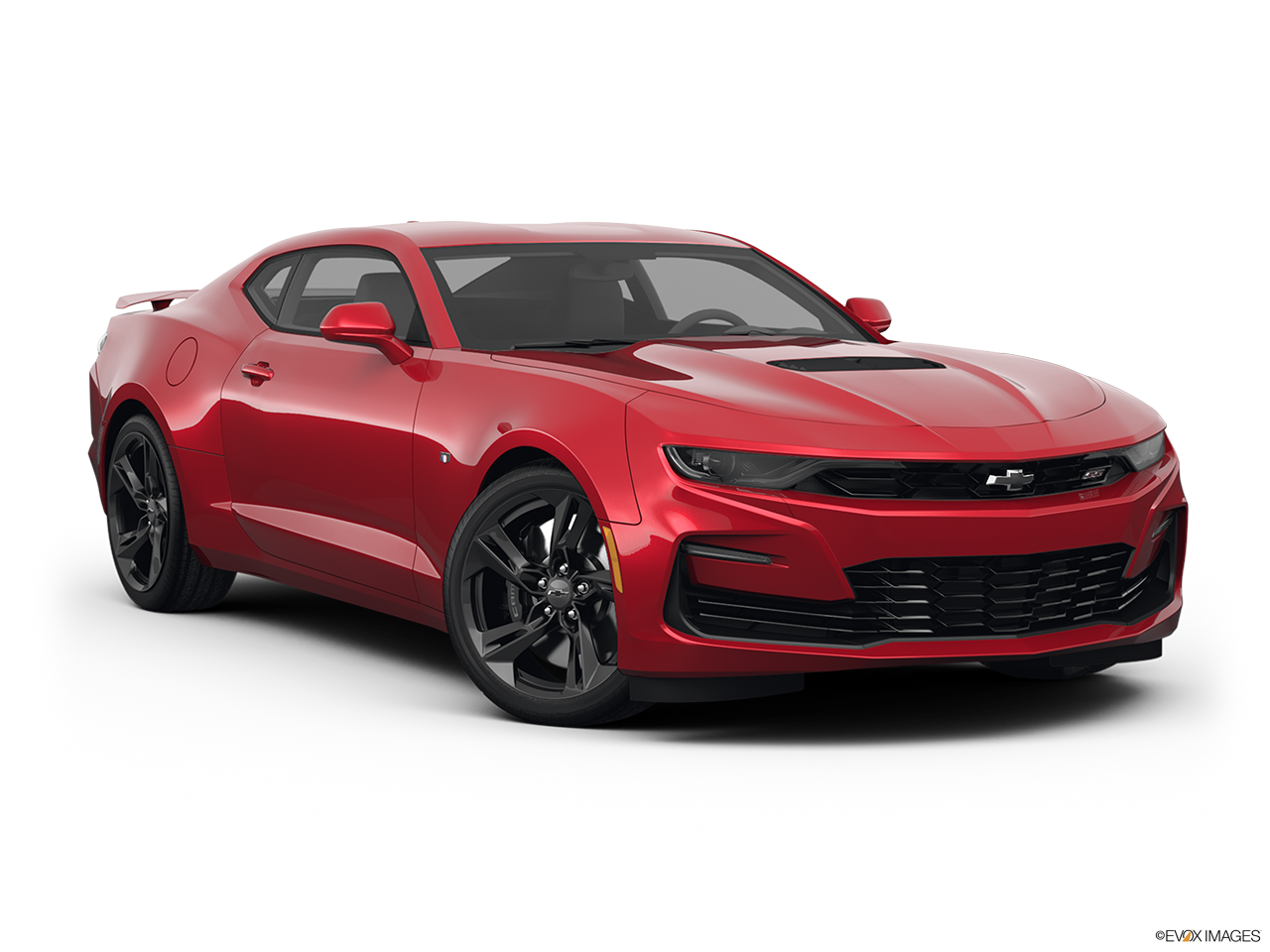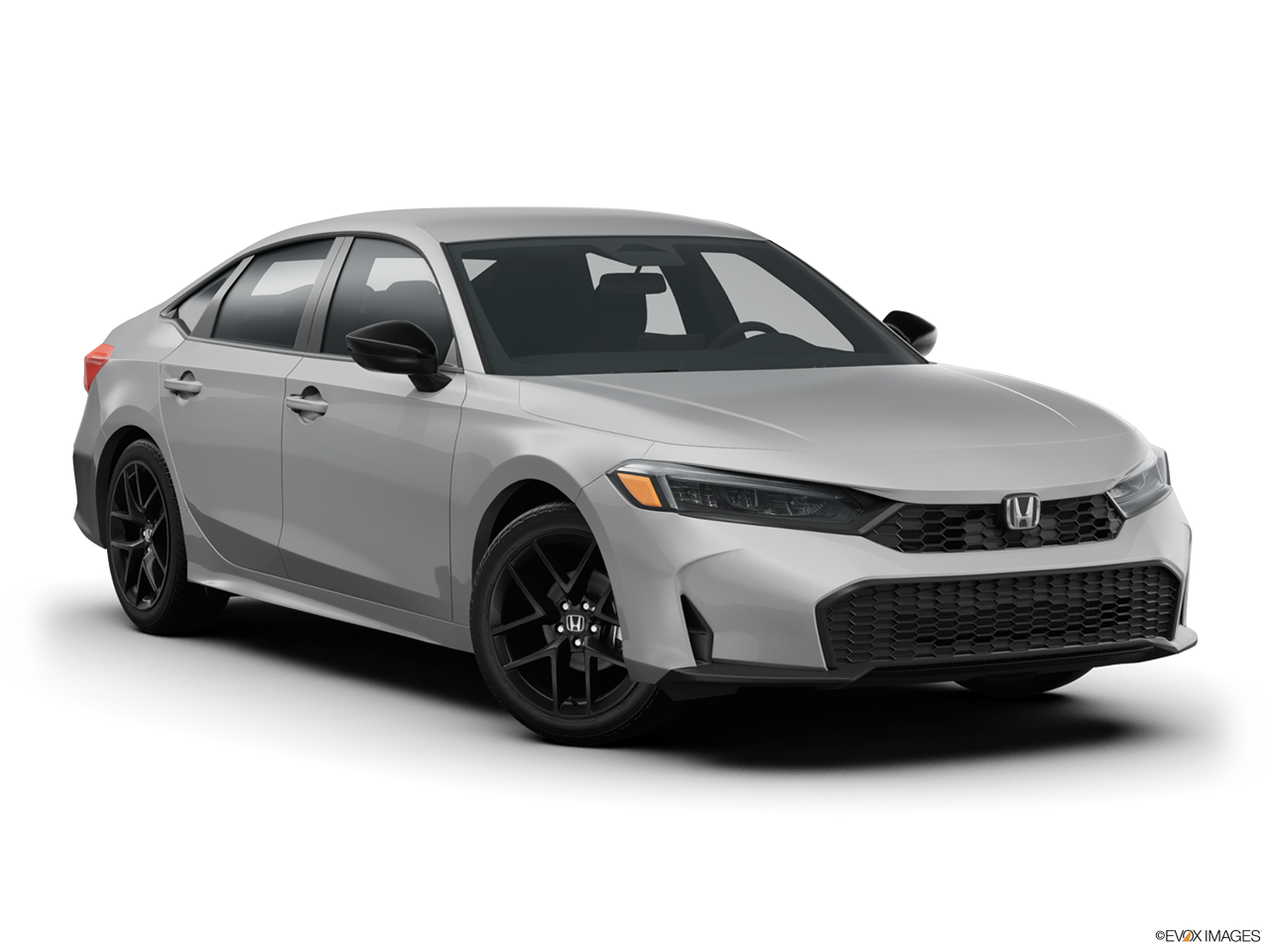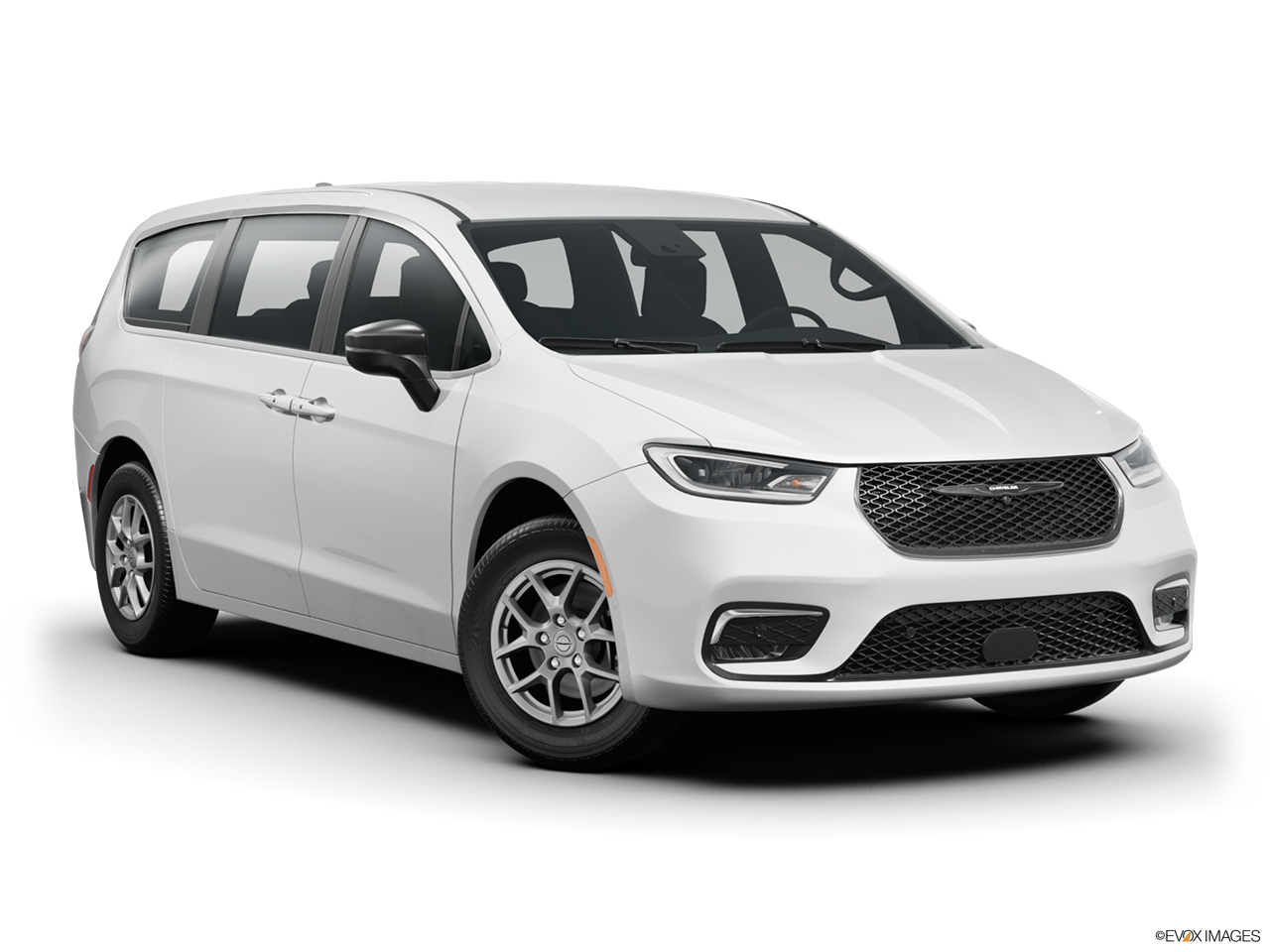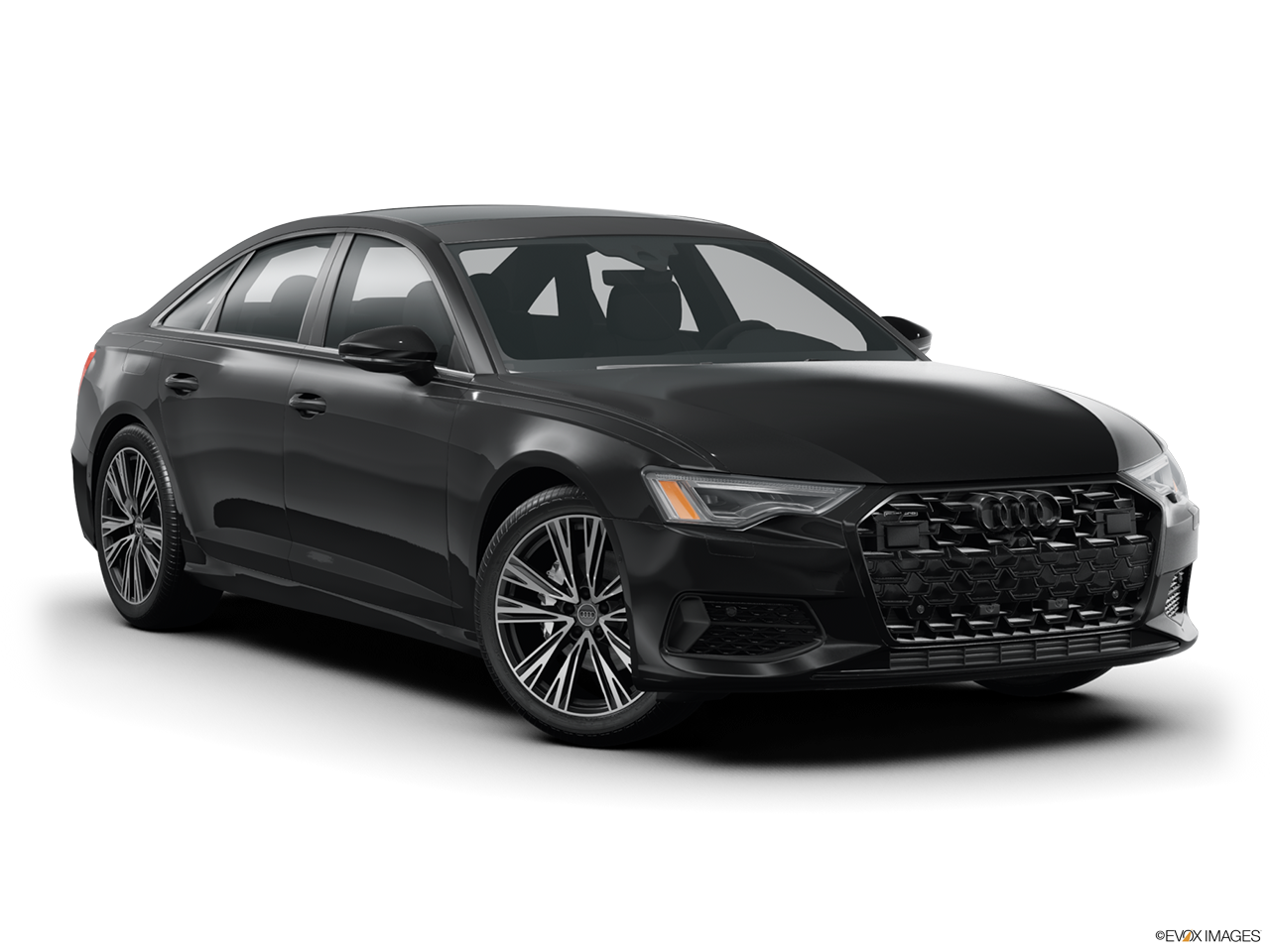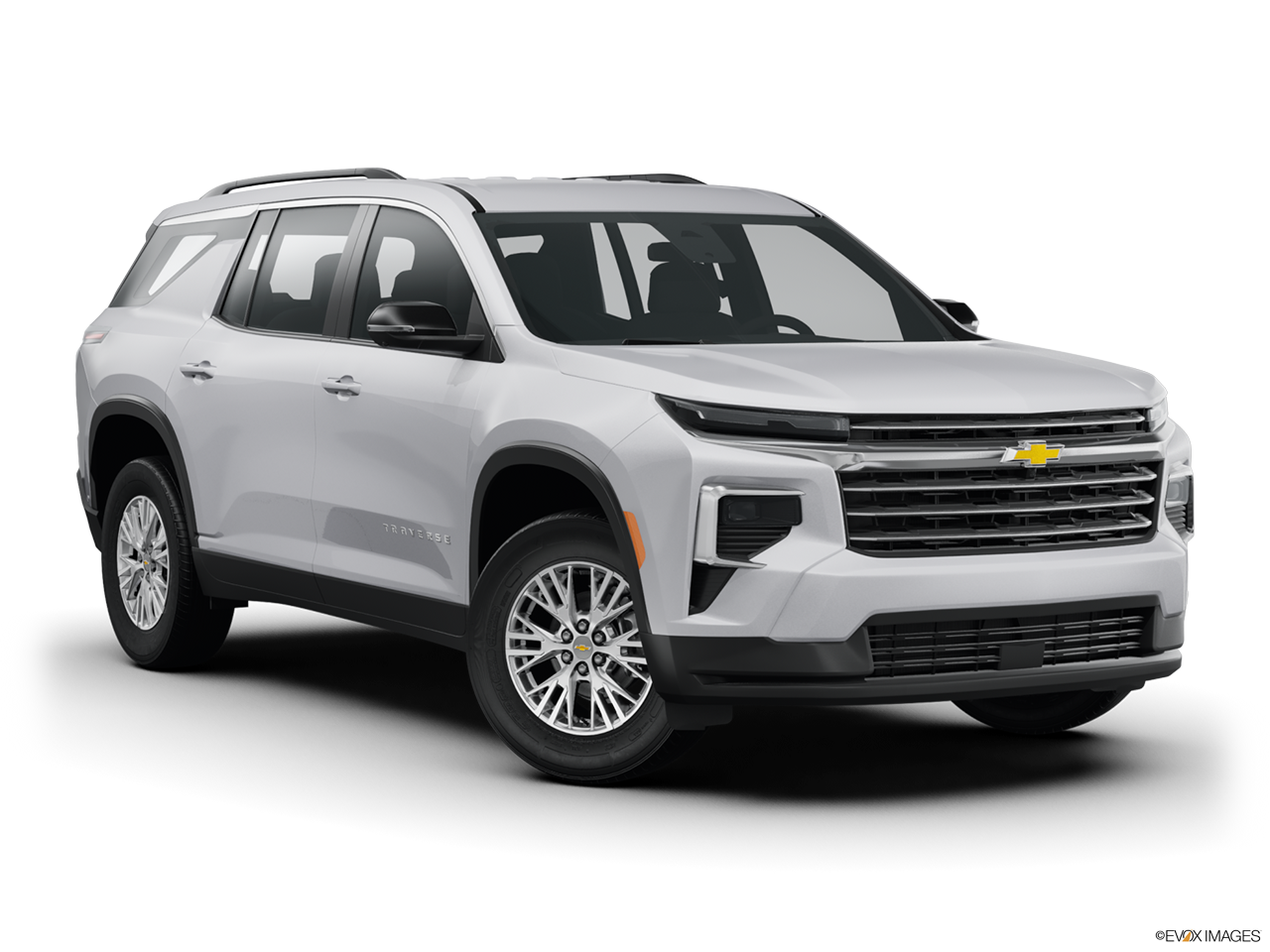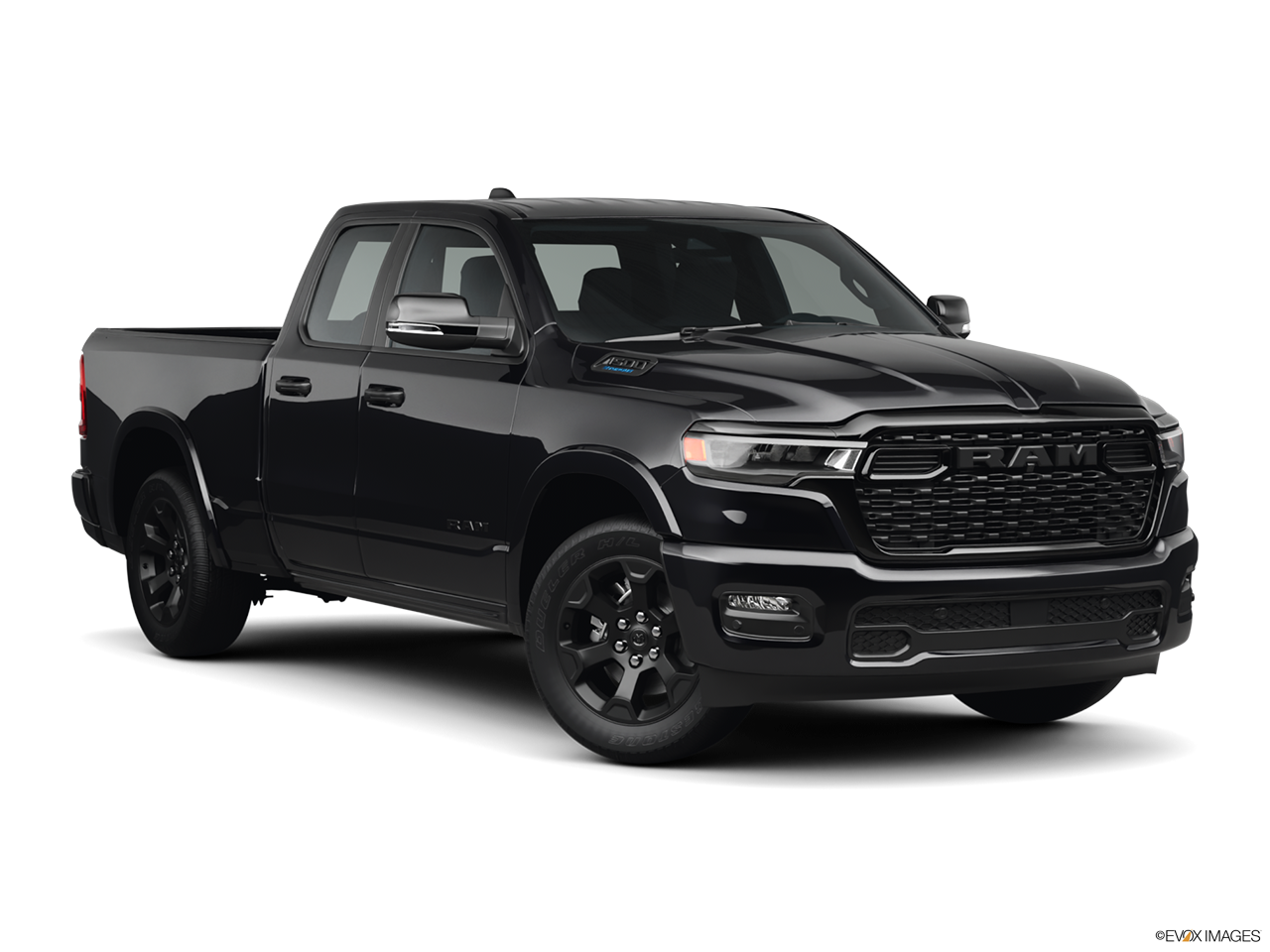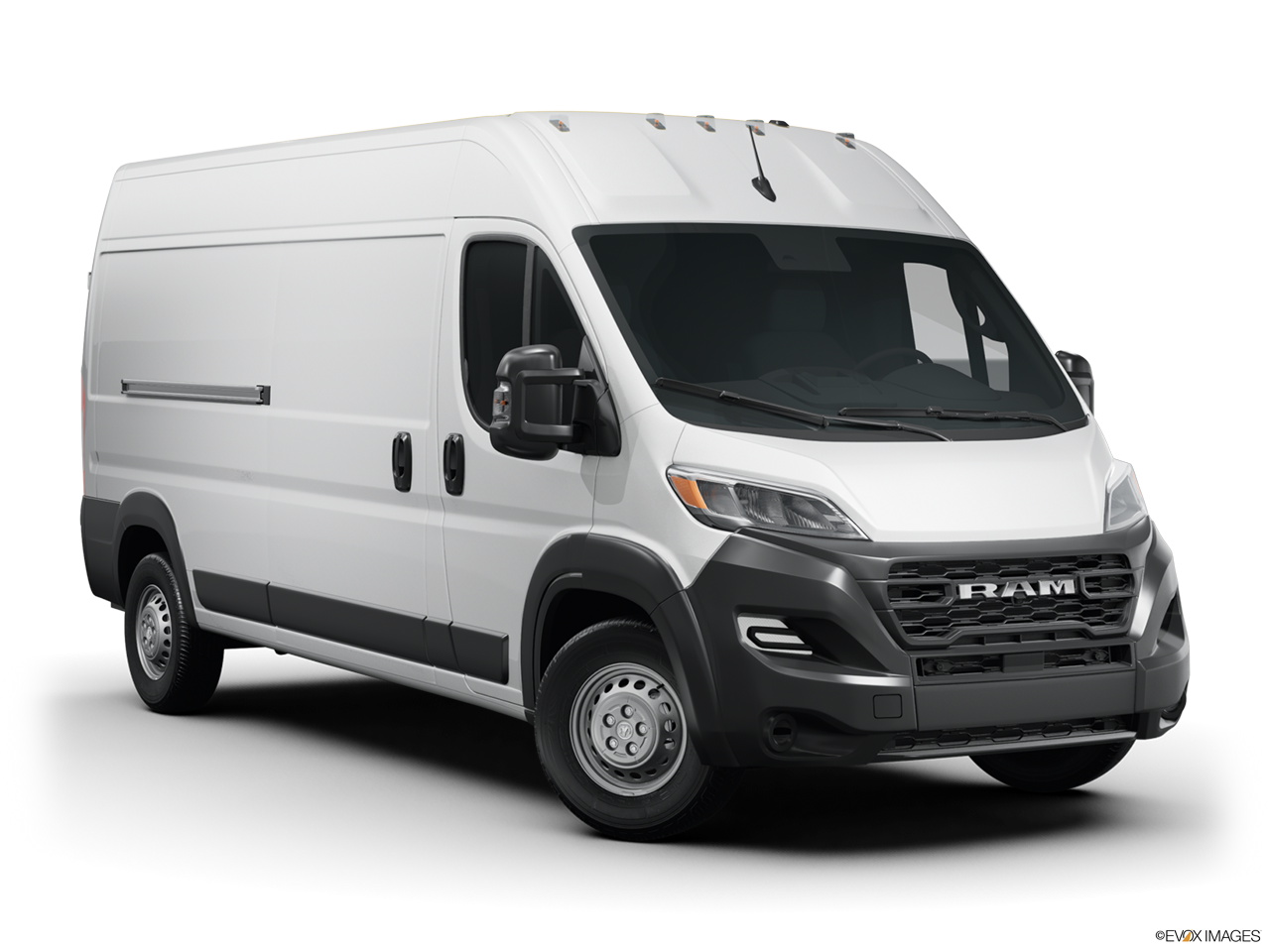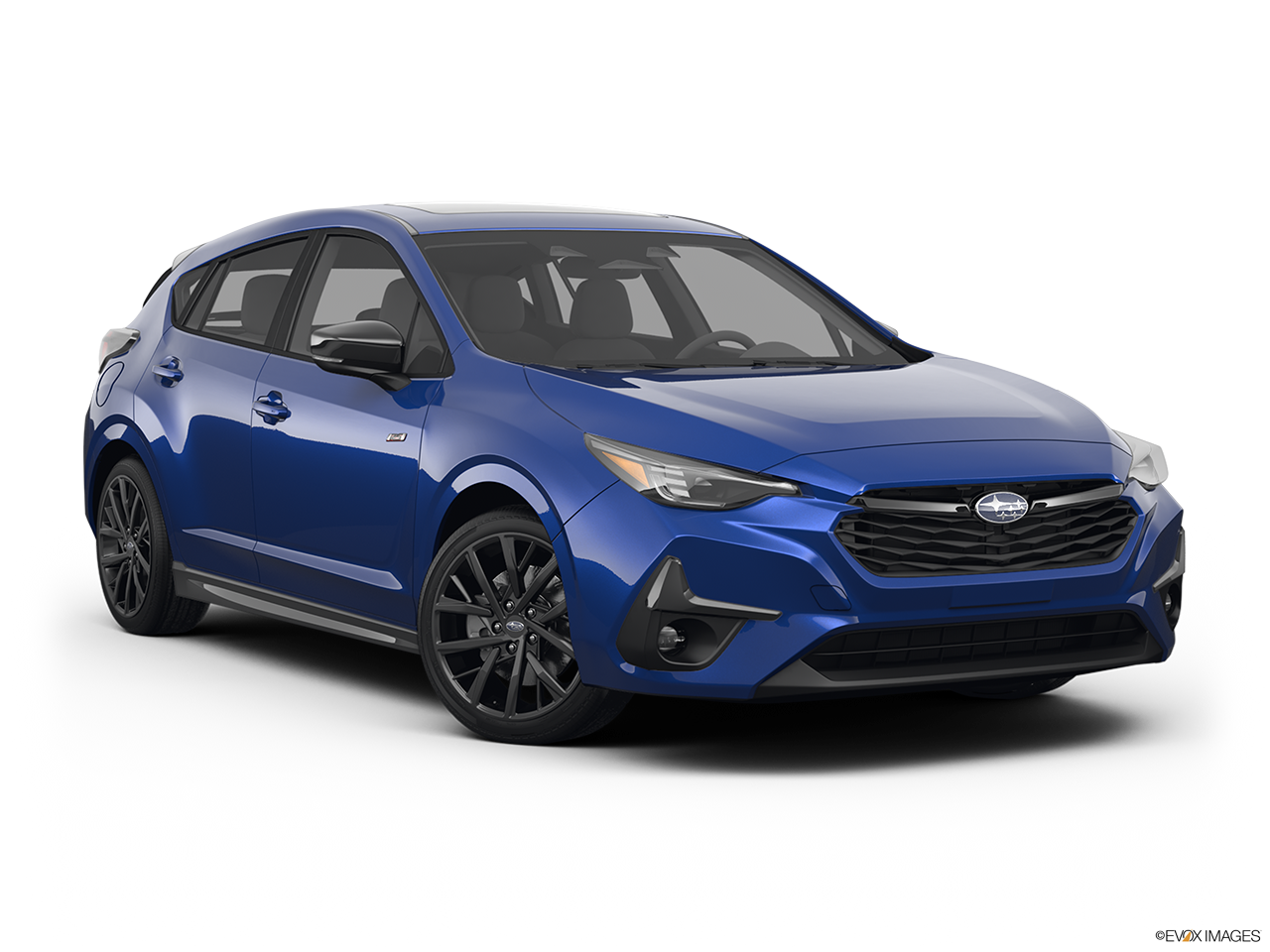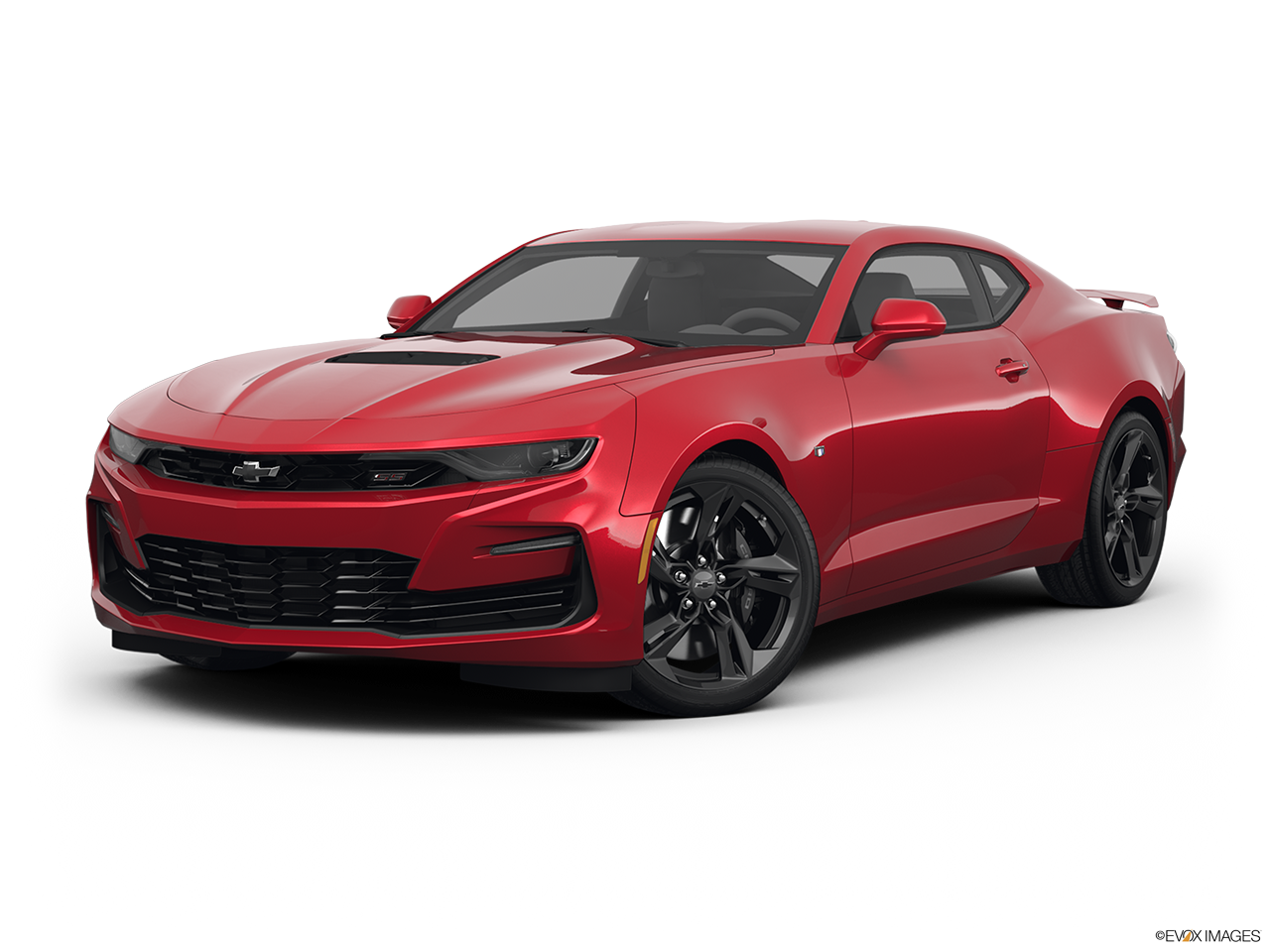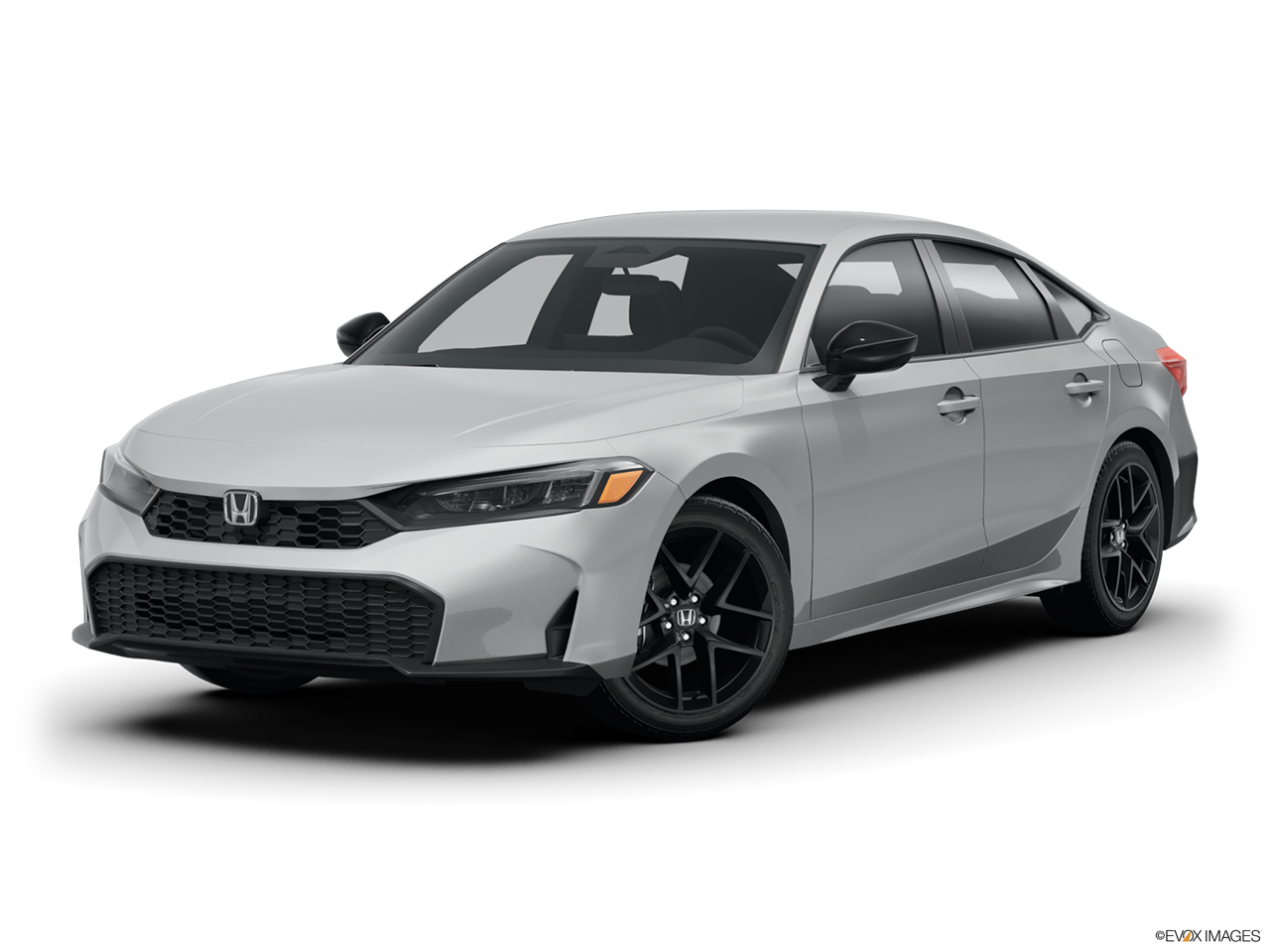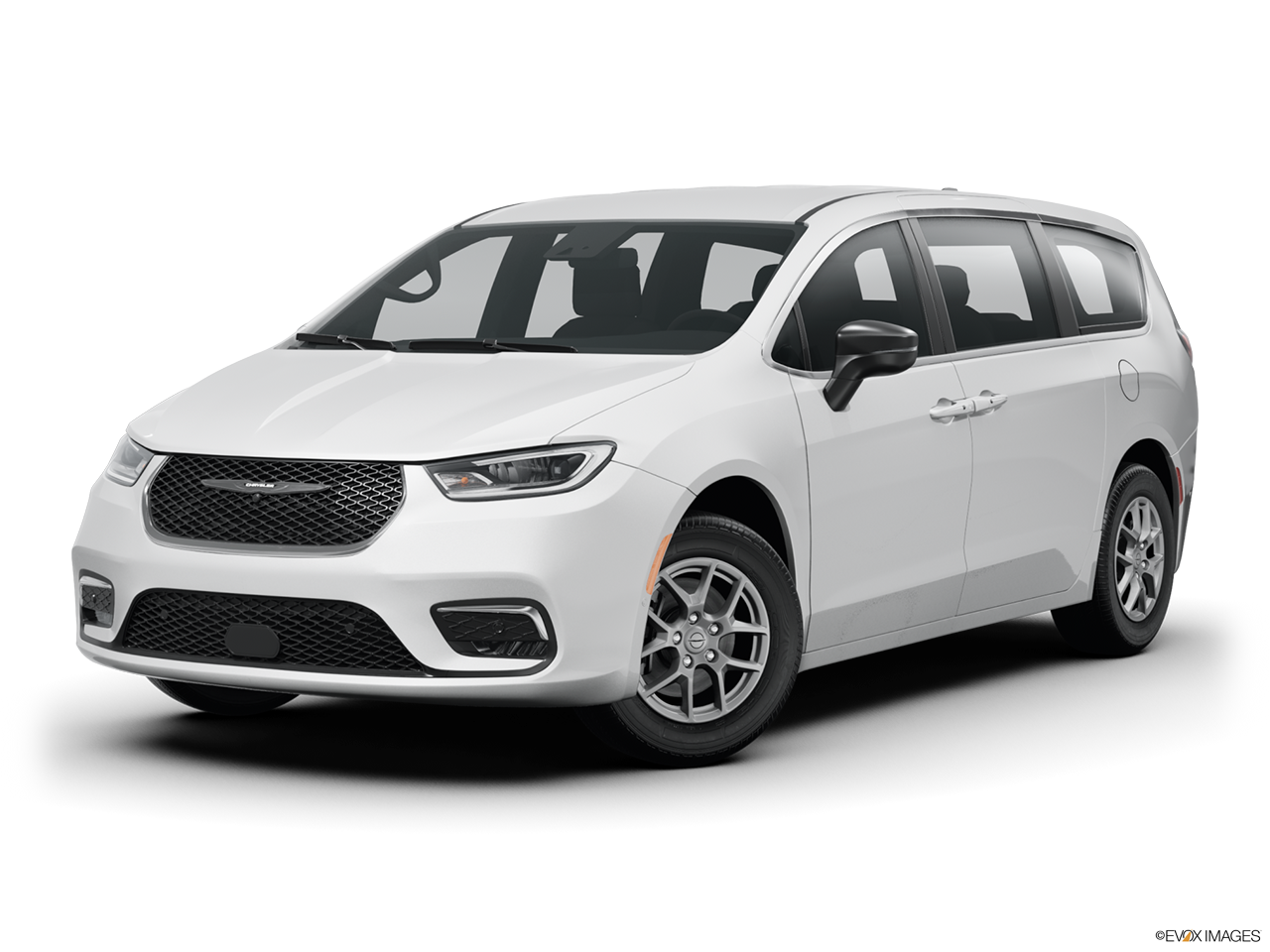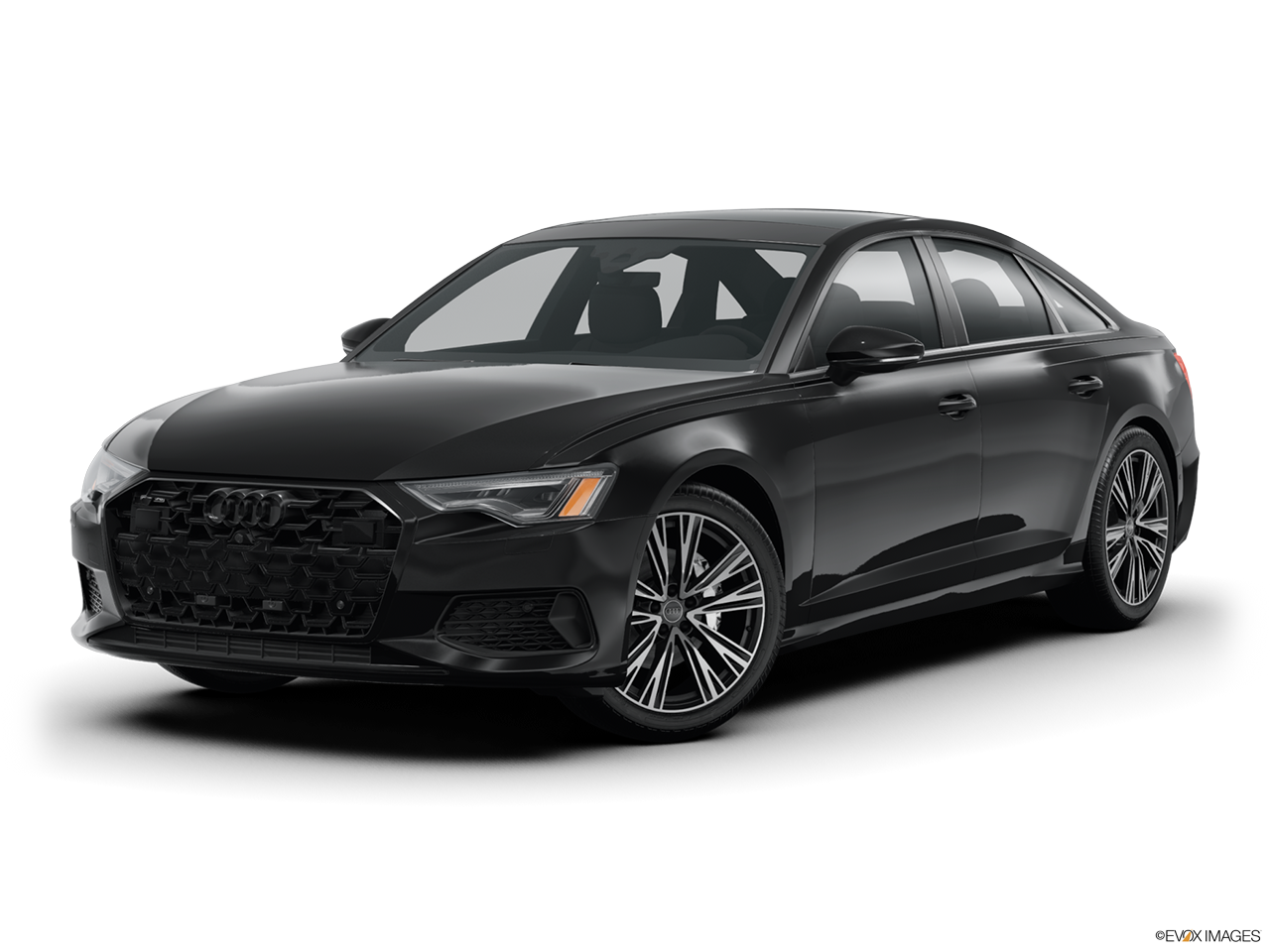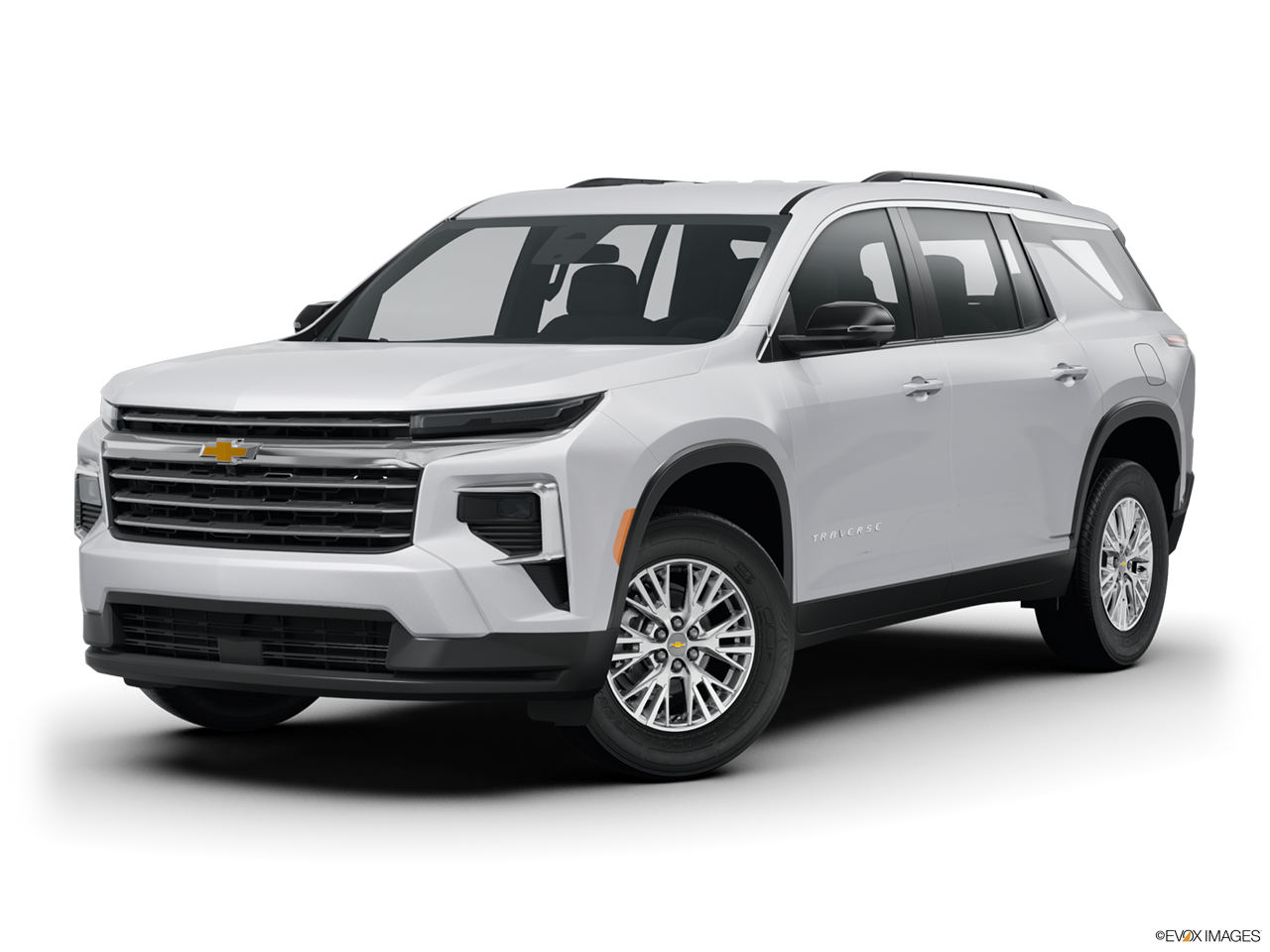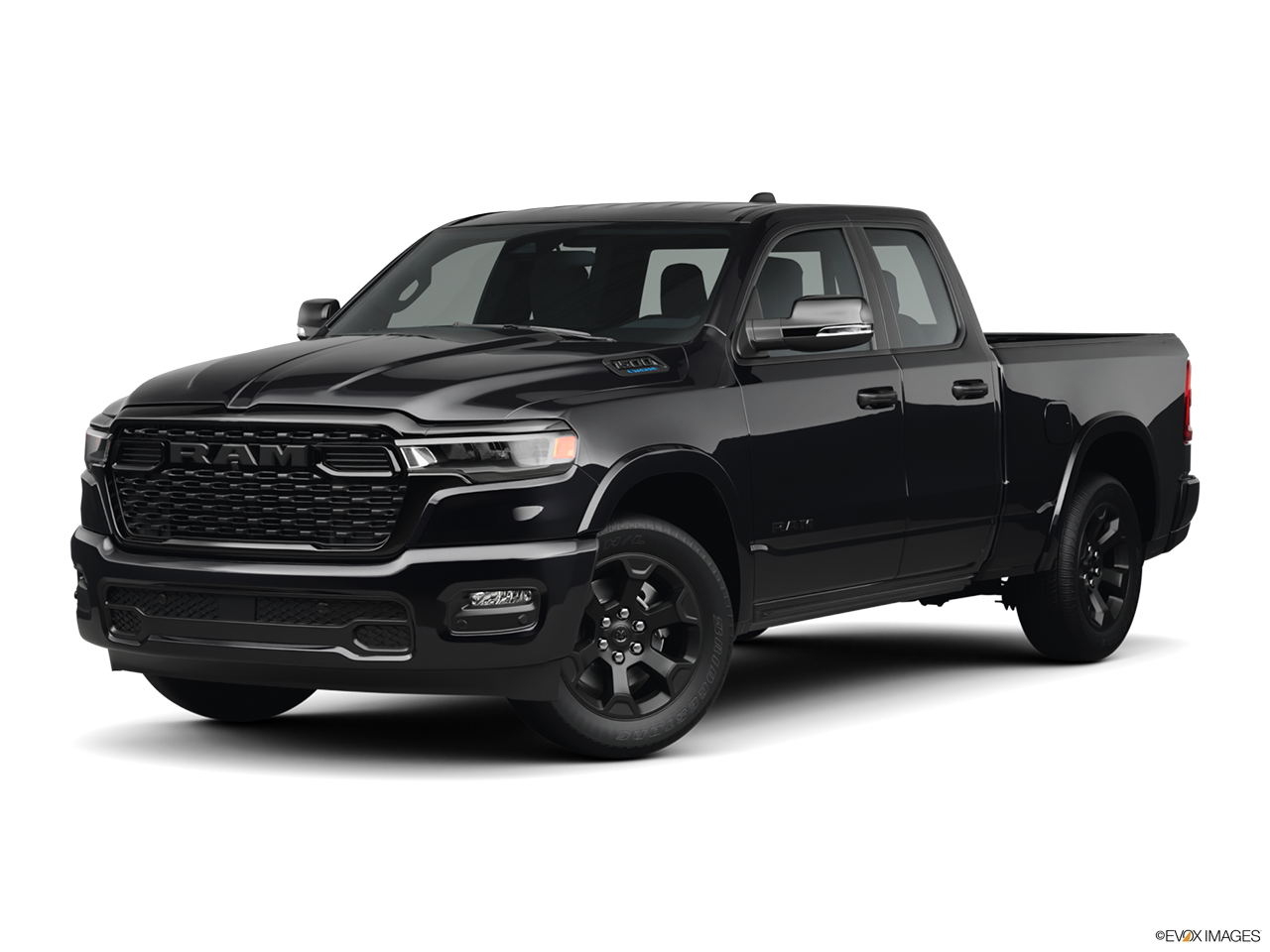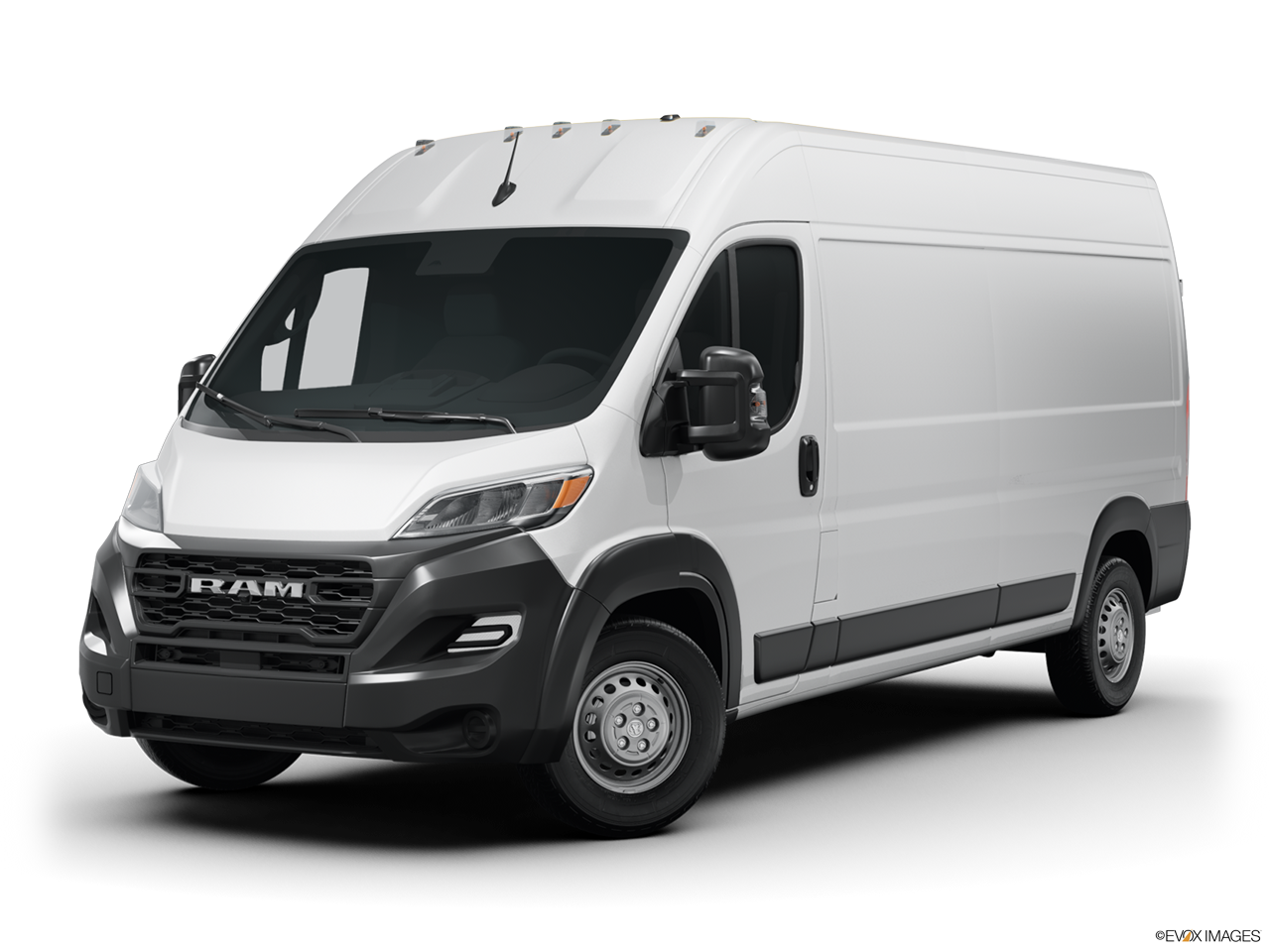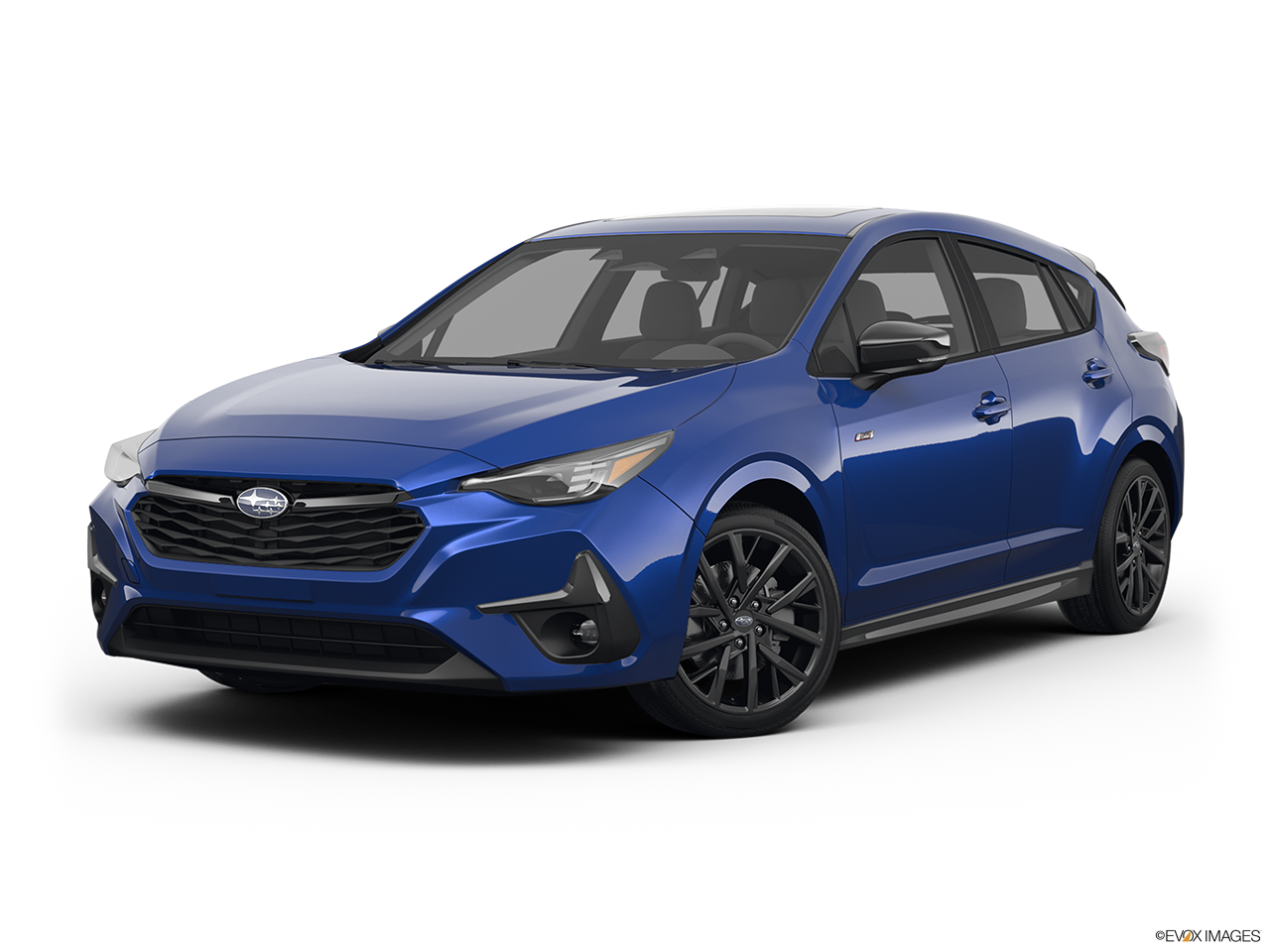10 Clever Tips For Buying Your Next New Car
By Kathryn Fowler, 10/31/2022
Finding the right car doesn't have to be so tricky.
If you’ve been saving up for a new car, you’ve no doubt been looking over models, checking out deals, and figuring out what you can afford. Get the top ten tips for getting the best car for you.
Related Articles
- Top 10 SUVs For Rear Legroom in 2020
- Car Buyers Guide to Invoice Pricing and More
- How to Negotiate New Car Price
Buying a car is one of the biggest investments the average person can make—similarly to buying a home, you’ll need to consider the total costs, your financing options, and more before saying yes to anything.
1. Know What You Can Afford
Regardless of what car you might want, it won’t be yours until you can afford it. The general rule is to not spend more than twenty percent of your total take-home income on your new car.
When figuring out what you can afford, that price should include monthly loan payments as well as car insurance and fuel.
It’s best to not spend any more than fifteen percent of your monthly income on your monthly car payment.
2. Redefine What New Means For You
A car on the lot will be new to you no matter what, but sometimes a “new” car doesn’t mean zero miles and an untouched steering wheel. These days, certified pre-owned vehicles can be cheaper than brand new but still be relatively unused and well maintained.
“Certified pre-owned” means the vehicle has the manufacturer’s approval, so you will still get the warranty and all the bells and whistles of a “new” car without the hefty price tag.
A certified pre-owned vehicle can save you thousands of dollars off the top. The average pre-owned vehicle that is basically the same as a newer model will often have a much lower price. This is why shopping around and comparing deals is so important when you are looking to invest in a new car.
3. Do You Buy Or Lease?
If you’re looking to own your car for the long term, consider buying. If you’re the kind of person that gets bored with one model and looks to upgrade every few years, go with a lease.
Leasing means that you might get a fancier vehicle for your investment, but you don’t own the car, have mileage restraints, and need to be aware of its leasing terms.
Weigh the pros and cons of buying versus leasing before you agree to any terms.
4. Reduce Your Choices
You’ve determined your budget, leasing versus buying, and new versus pre-owned, now it's time to begin your research.
Narrowing your choices is one of the most important, but difficult, steps when buying your new car.
You can use manufacturer websites to discover what features are important to you, and sites like ours to compare MSRPs to listed prices.
With Rydeshopper, you can check local inventories and see what dealer's costs are listed in your area.
Knowing what you’re walking into ahead of time makes you a smart buyer, and you can haggle for the car you really want.
5. Look For The True Cost
Owning a car is more expensive than the initial payments. Use popular websites such as Rydeshopper to find a general idea of the dealer costs, MSRP, and invoice price. Sites like Motortrend will offer a full breakdown of costs, including the total cost of gas, repair, insurance, maintenance, and more in your area.
You’ll be able to use those numbers to understand what you’re actually getting into.
6. Check Your Financing Options Ahead Of The Dealer
Most dealers get a fee or commissions off the loans they secure, not just the cars they sell. It doesn’t matter where the loan comes from, either.
Don’t let the dealer do the work for you. Compare auto loans on your own at your bank or credit union, and try to get pre-approved before you walk into the dealership.
Just because you get a pre-approved loan doesn’t mean you have to take the first deal that comes your way, and knowing your financing options is the smartest and cheapest way to give yourself some early power during final negotiations.
7. Find Your Pricing Info
While researching cars on auto websites and through local dealers, you should have noticed the invoice price for new cars, the wholesale price for used cars, and the MSRP versus the dealer’s asking price for both new and used vehicles.
Third-party sites can give you an informed clue as to what the dealership actually paid for the car you’re looking at. What you want to do is reach a sale price agreement BEFORE discounts are included, and remember that the dealer is also looking to make some kind of profit off the vehicle on their end.
After determining the sale price, you will need to remember that fees and taxes will be applied, as well as any necessary registration and documentation fees. You can request a full price breakdown from your auto dealer, and they should be able to give you a printout that shows exactly where all the fees are totaled.
8. Find Advanced Discounts
Student discounts, military discounts, credit union discounts. Many of these discounts can be combined together, and there are also cashback rebates offered by auto dealers and manufacturers based on the make and model.
You will want to make sure all these rebates and discounts are applied after your price is negotiated. Look for any additional incentives by checking out the manufacturer's website.
You can also look for local offers and reviews of the car you are interested in beforehand.
9. Consider The Time Of Year
Car prices fluctuate based on need and time of year, and you should consider when is the best time for you to buy your vehicle.
Dealerships often do big sales during specific times of the year, such as spring and fall, because this is when leased cars have been returned. If you’re still interested in the certified pre-owned route, this is the absolute best time to buy your new car.
10. Don’t Forget The Test Drive
The average person owns their car for about six or seven years. You will spend a lot of time with this vehicle, so don’t forget to take it for a test drive!
Ask your dealer for time behind the wheel. You need to know how comfortable the car is to drive, to sit in, to experiment with. Check out the controls, put the seats down, pop the hood and the trunk, make sure you understand exactly what you are getting into.
Remember, it’s important to go over every detail and negotiate in your best interest. Research values, look over the contract, check for hidden fees and do some negotiation.
Buying a car is a big process and can come with its share of stress and anxiety. Triple check everything and make sure the discounts, deals, and benefits are all in writing.
Once you buy your car, take it to your trusted auto mechanic and get it fully checked out. If there are any additional parts you need or if you want to upgrade anything on your vehicle yourself, PartsAvatar has you covered.
Considering pre-owned? Interested in financing? Carvana has options for you! With Carvana, you can finance your vehicle with competitive rates, and can even utilize a co-signer! All of Carvana’s vehicles are inspected and reconditioned by technicians and have no reported fire, frame, or flood damage according to CARFAX™ and AutoCheck®. Click Here to get pre-qualified with Carvana.
|
|
Kathryn Fowler is the Marketing Manager at PartsAvatar. She's been passionate about cars since childhood. She loves examining different components of cars to understand their operation. Kathryn started writing blogs on automobile parts to share her love for cars and educate automobile enthusiasts worldwide. |

